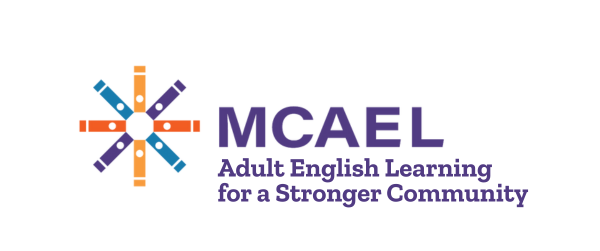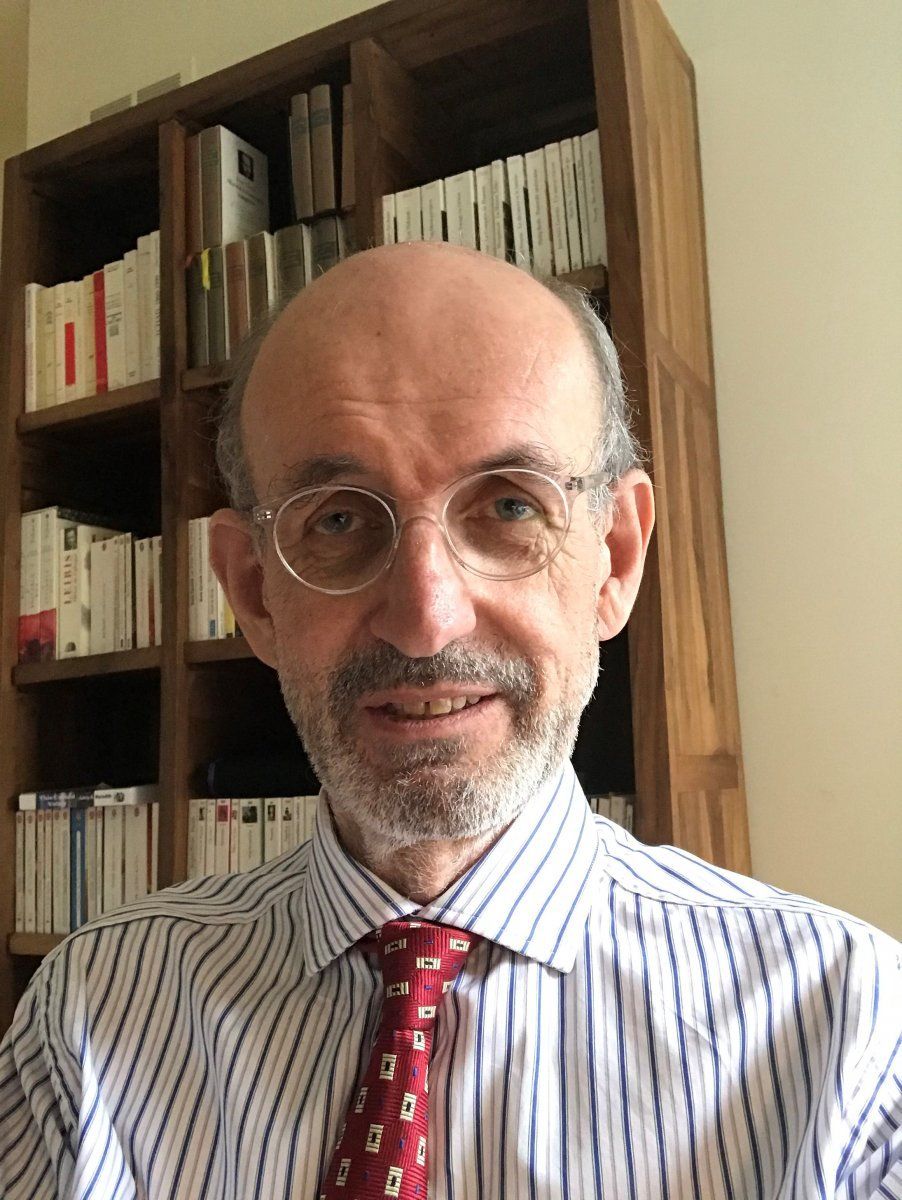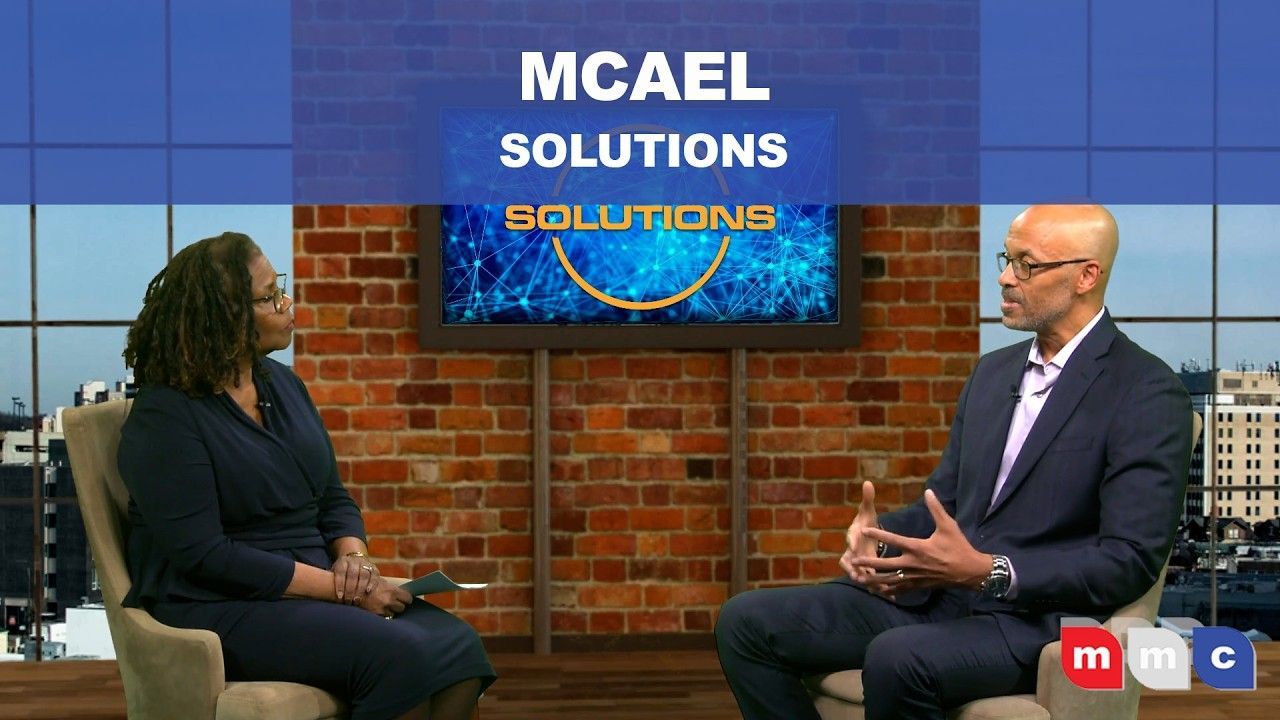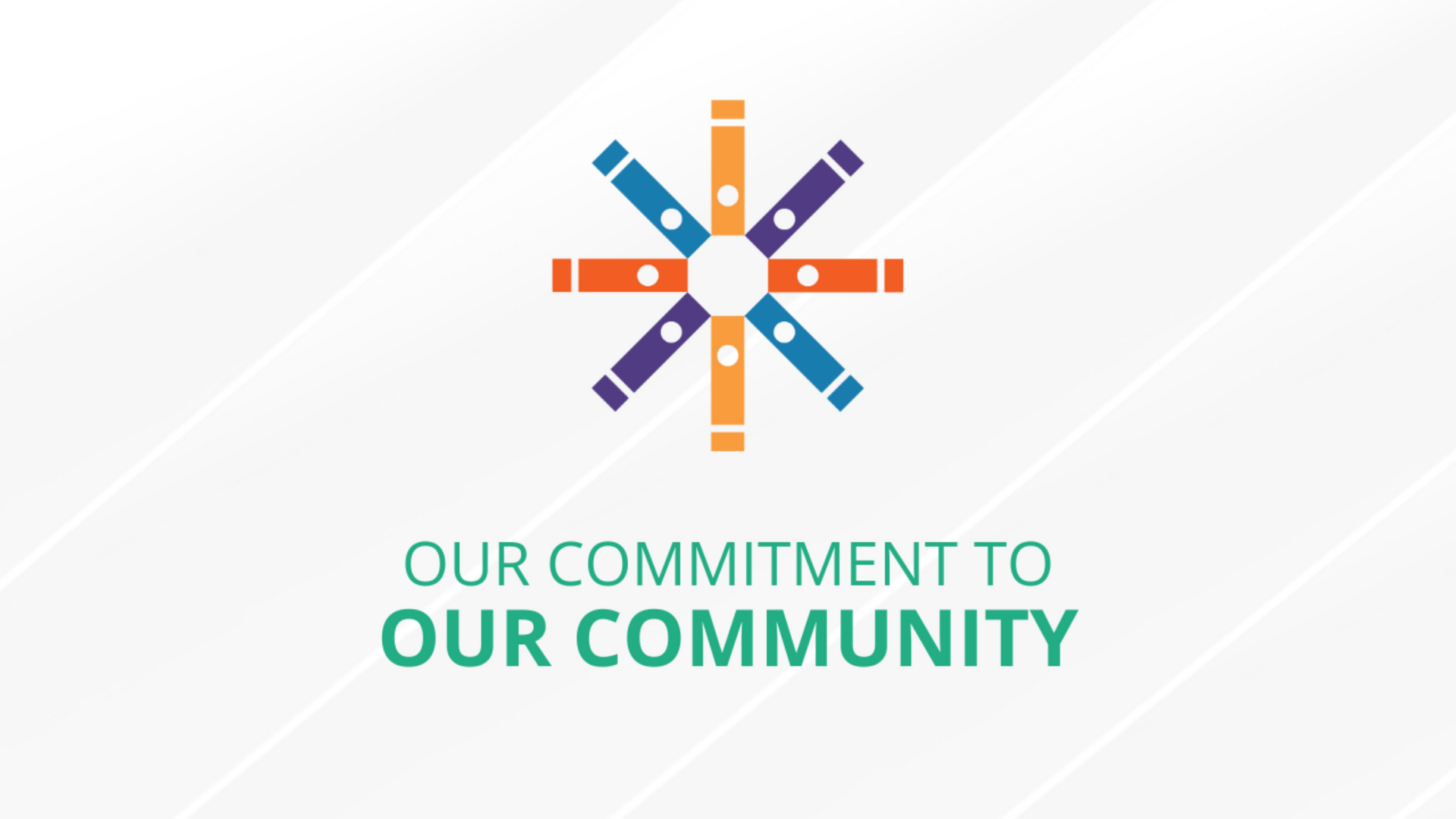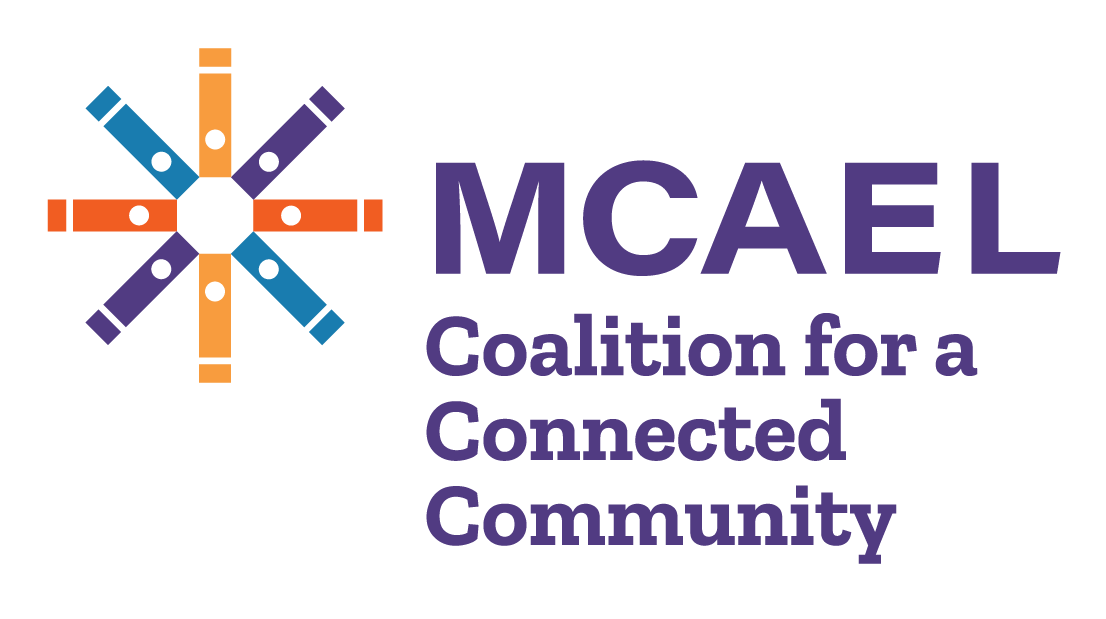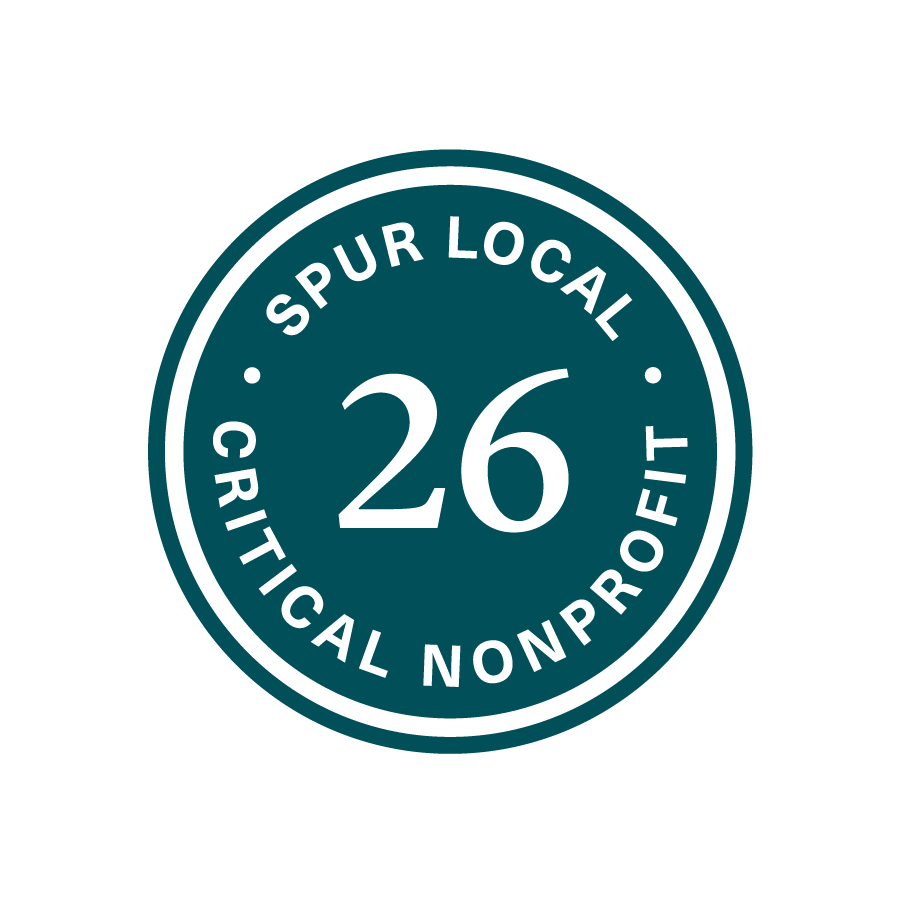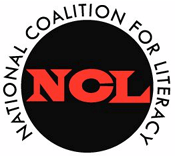Tell us a little about yourself and what was your entry point into Adult ESOL
I was born in Ireland, where I qualified as a high-school teacher in 1978. A few years later, I became a member of a team appointed to train accountants in Lesotho, a small country in southern Africa that had recently become independent. For the next two years, I would teach accounting and other subjects in a country where, despite being known internationally as anglophone, English is very much a second-language.
My time in Lesotho was the start of what turned out to be a thirty-year career in development. Much of this was with the World Bank, which is how I came to Washington in 1994. While not working directly on education during these years, I always retained an involvement, and served as a board member of the Rabat American School in Morocco and the Overseas School of Colombo in Sri Lanka when posted to each country.
Soon after I retired, I had the opportunity to teach ESOL as a volunteer at the Briggs Center for Faith and Action in Bethesda. Now in my fifth year, I enjoy it thoroughly.
Where are you now teaching (at what levels and for which organizations)?
I presently teach a Beginner – High class of ten students. We have four hours of on-line classes each week. I earlier taught at Intermediate – High level for two years. I am also part of a team at Briggs that provides individual support to recent arrivals and refugees, and I am presently teaching two members of an Afghan family that arrived following the US withdrawal in August of 2021.
What unexpected successes or previously unknown capabilities have you and the learners you serve experienced during the pandemic?
I miss in-person teaching. On the other hand, on-line teaching has forced me to make more, and smarter, use of IT. I’ve been surprised by the wealth of resources available not just to help me to teach, but, more importantly, to help learners to learn. All members of my Beginner class are comfortable with Zoom, our WhatsApp Group, and e-mail. I see great potential for us to make better use of IT to improve the learning experience.
What role do you play in MAG?
I am presently the chair of the MAG, and serve on the Spring Conference and Learner Leadership committees.
What do you find most rewarding about your work?
I spent half of my professional life working in diverse countries around the world. For much of this time, I was the “new arrival” who spoke the “other language”. I am now very happy to be able to teach English to new arrivals to the US, and to help them integrate into the community in which I have made my home.
I still have very warm memories of the first MCAEL course I attended in 2017, “More Learning, Less Teaching”. Putting the learner at the center of what we do is different from the more teacher-centric training I received all those years ago. Not only is it the right thing to do to put the learner first, but I am finding that I, as the instructor, am learning more too. Long may we all continue to keep learning!
What brings you joy outside of your professional life?
I like to read, to cook, and to travel.
